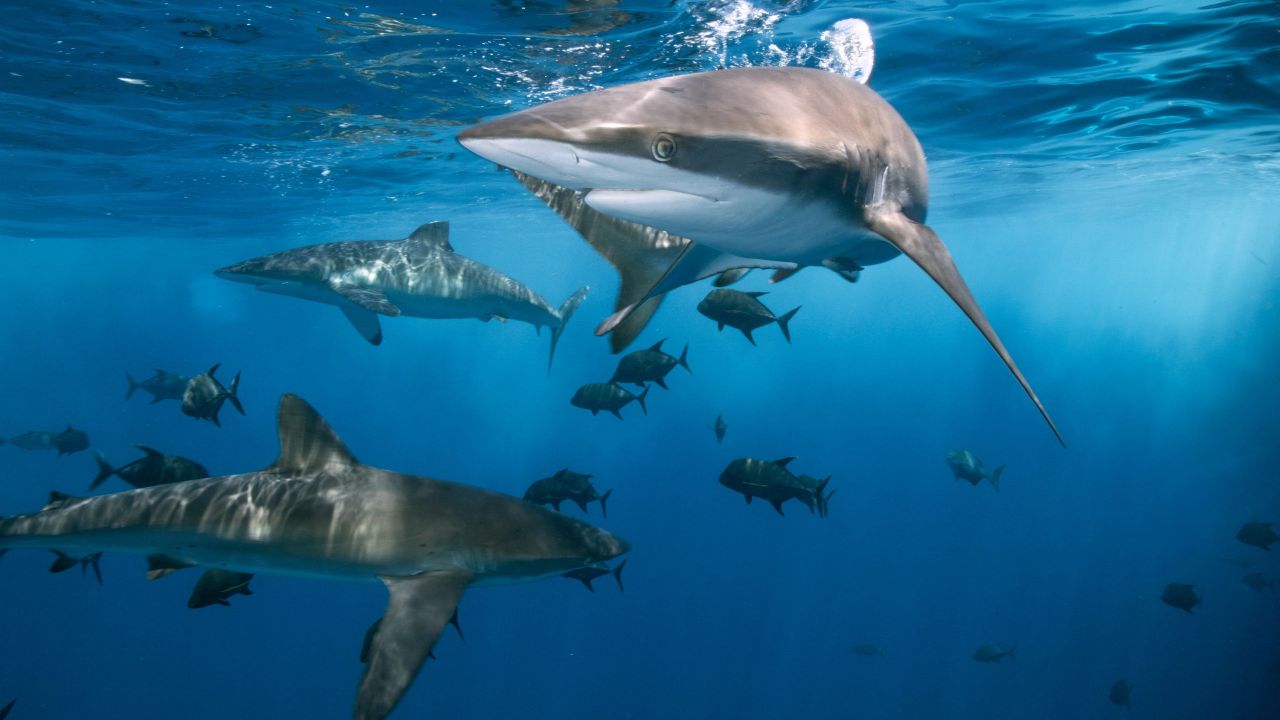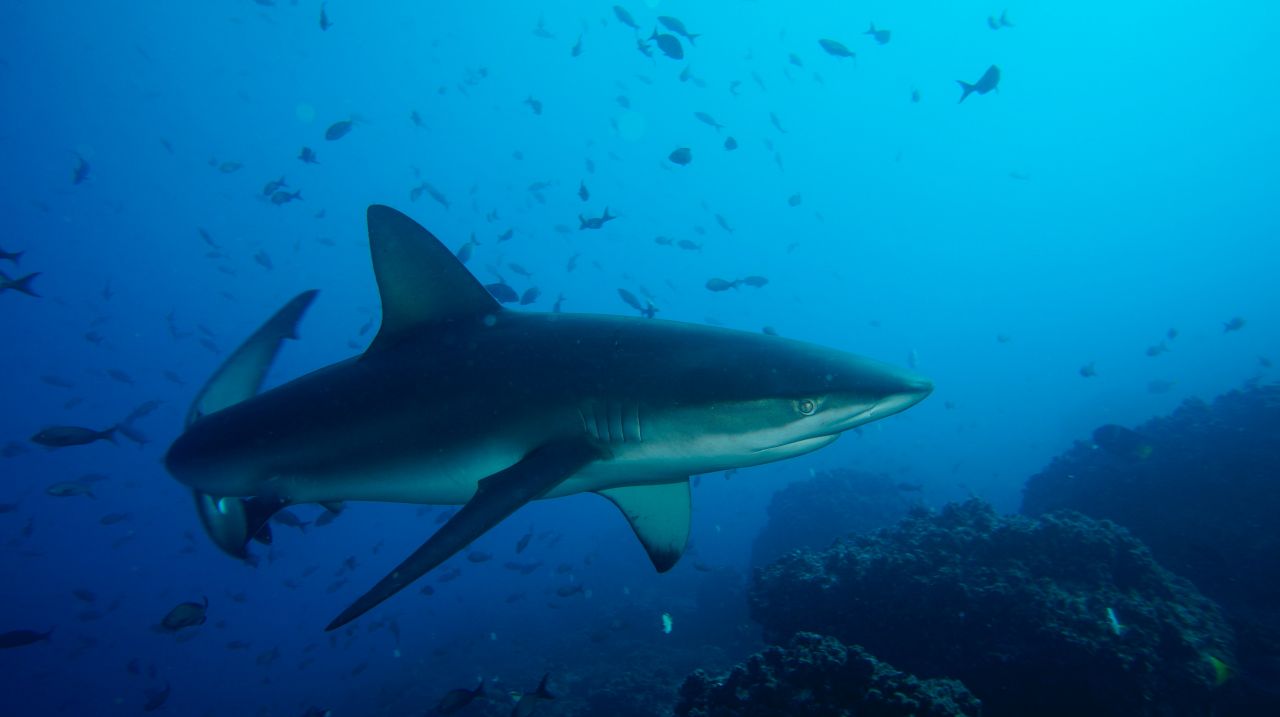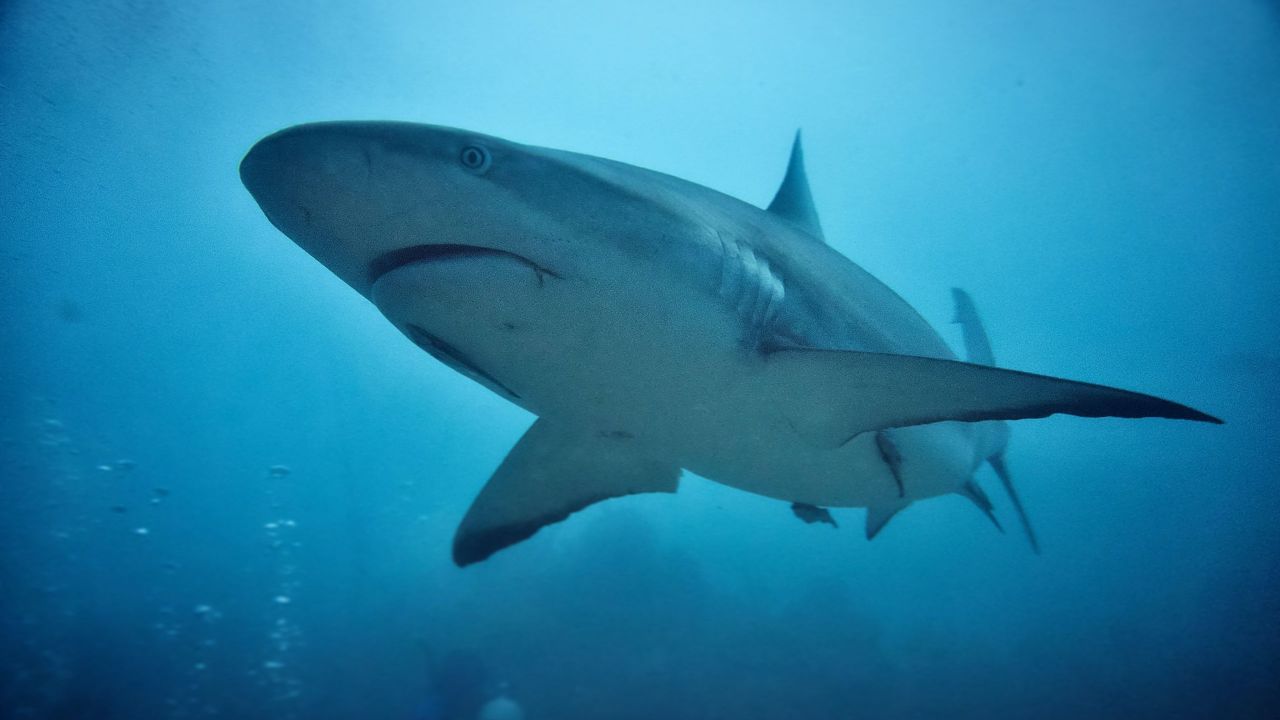
Photo by Mile Ribeiro/ Pexels
Last year those who have spent the past decades trying to raise awareness of the global collapse of shark and ray populations spent the summer looking ahead to the possibility that governments would take action to save these ancient ocean predators at an international meeting late in 2022.
At that meeting, the 19th meeting of the Conference of the Parties to the Convention on International Trade in Endangered Species of Wild Fauna and Flora (CITES) in Panama last November, they were rewarded. Over 180 governments took the decision to fully regulate the trade in shark fins, a product used as a delicacy in East Asia, and that has led to catastrophic shark declines worldwide.

Photo by Walter Torres/ Pexels
That trade is made up of over 100 species, including some of the most iconic and unique shark families found in our oceans. They include the whip-tailed thresher sharks, hammerheads with their bizarre head shape, and the makos—the world’s fastest sharks. With these protections, we stand a chance of still seeing these species in the wild in decades to come.
This is a crucial step, but the hard bit comes next. As we celebrate Shark and Ray Awareness Day, recognized each year on July 14, all who care about the future of these iconic ocean predators helping to keep our ocean ecosystems healthy need to work together to ensure we build on recent conservation successes with ever stronger protections. Sharks remain the second most threatened animal group on the planet. There is no time to waste.

Photo by Samson Bush/ Pexels
The Wildlife Conservation Society (WCS) has been working in countries like Madagascar, Gabon, and Bangladesh that have asked for assistance to turn these international protections into strong conservation action. Those requests have resulted in new protections for a wide range of shark species. We plan to continue our work in those locations and expand our efforts to more than 14 countries over the next three years.
We hope that these new obligations will kickstart shark conservation action around the world, and we will start to see the protections, and then the recoveries, that these species so urgently need.
